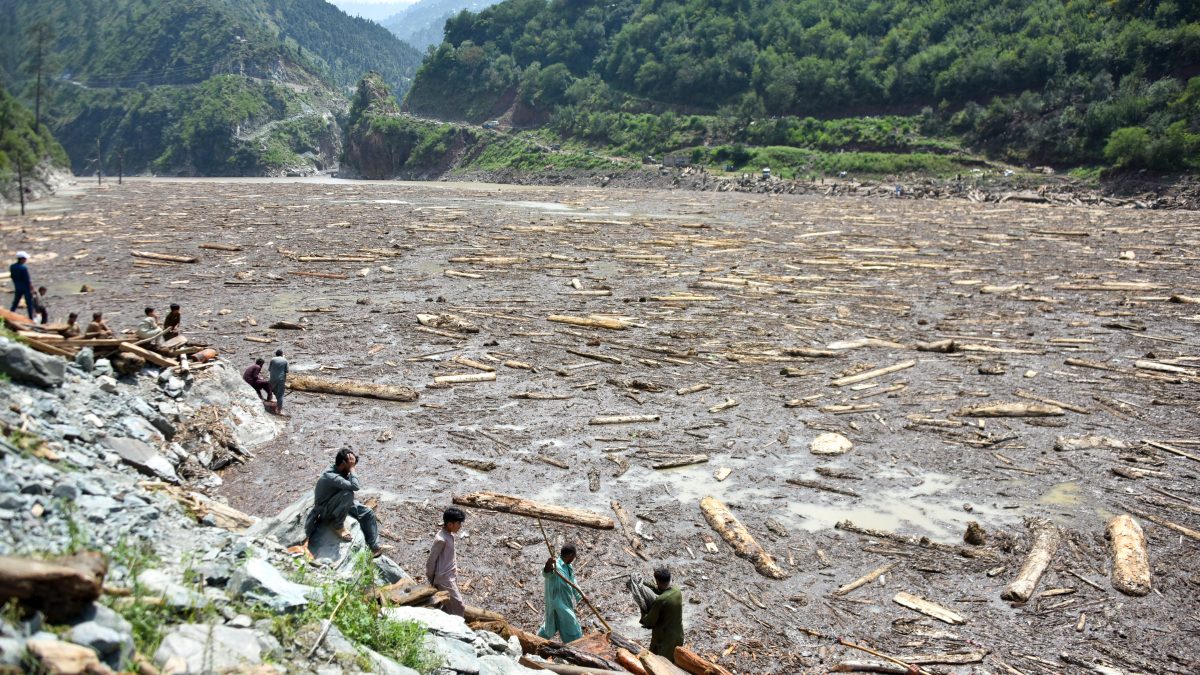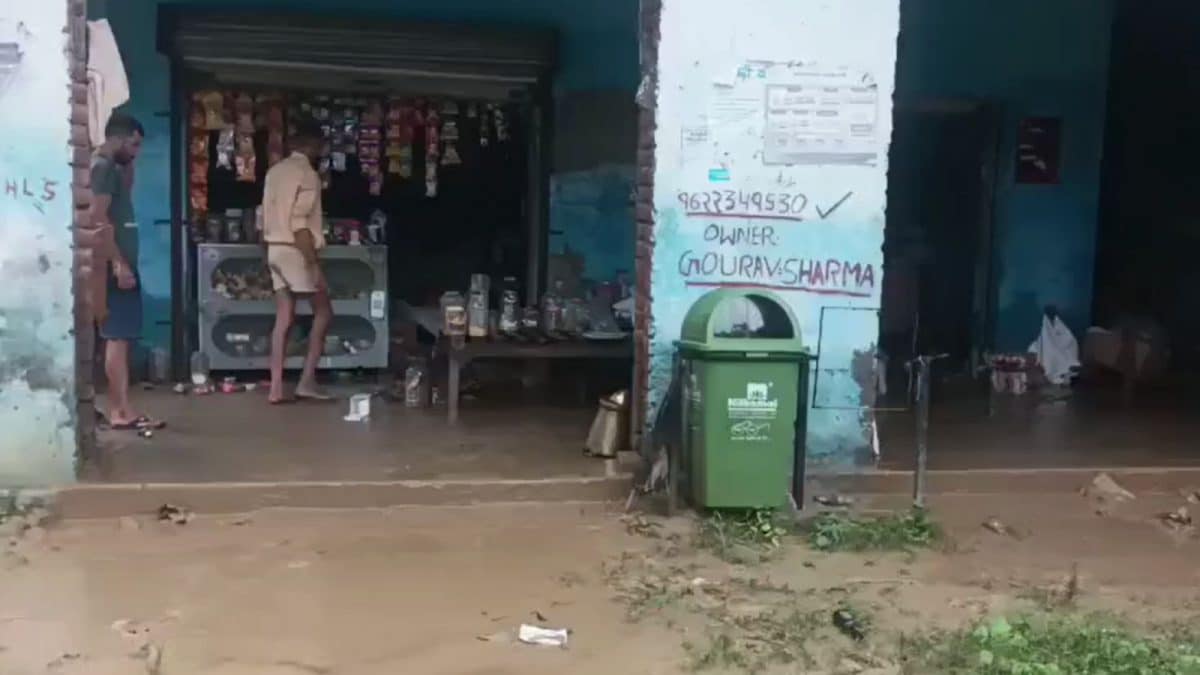Flash floods and landslides in Pakistan’s mountainous north have killed at least 344 people, with rescuers racing to locate survivors in Khyber Pakhtunkhwa as monsoon rains threaten further devastation.
Thousands of Pakistani rescuers fought rain and knee-deep muck Sunday, excavating homes out from beneath giant rocks in a frantic hunt for survivors following flash floods that killed at least 344 people in the country’s mountainous north.
The vast majority of the casualties were reported in Khyber Pakhtunkhwa province, where monsoon rains are likely to worsen in the coming days, causing flooding and landslides that destroyed homes.
A regional rescue spokesperson told AFP that at least 208 people were murdered in the hardest-hit Bunar area, and “10 to 12 entire villages” were largely buried.
“The operation to rescue people trapped under debris is ongoing,” said Bilal Ahmed Faizi of Khyber Pakhtunkhwa’s rescue agency.
“There is still concern that dozens of people may be trapped under the rubble… the chances of those buried under the debris surviving are very slim”.
He stated that some 2,000 rescue personnel were working to remove remains from the rubble and carry out relief operations in nine areas, where rain was still delaying efforts.
AFP journalists in Buner observed half-buried vehicles and possessions scattered over the muck, while mud covered buildings and stores.
Flooded roads delayed the progress of rescue vehicles, while a few people chopped down fallen trees to pave the route once the water subsided.
“Our belongings are scattered, ruined and are in bad shape,” local shopkeeper Noor Muhammad told AFP as he used a shovel to remove mud.
“The shops have been destroyed along with everything else. Even the little money people had has been washed away,” he added.
The provincial government has declared the severely affected mountainous districts of Buner, Bajaur, Swat, Shangla, Mansehra and Battagram as disaster-hit areas.
“This disaster has spread everywhere and surrounded us from all sides. We were trapped in our homes and could not get out, another Buner resident, Syed Wahab Bacha, told AFP.
“Our entire poor community has been affected. The shops in the lower bazaar have been destroyed. This road was our only path, and it too has been washed away,” he added.
Mass funerals
On Saturday, hundreds of locals gathered for mass funerals, where bodies wrapped in blood-stained white shawls were laid out on the village ground.
Fallen trees and straw debris were scattered across nearby fields, while residents shoveled mud brought in by the floods out of their homes.
Pakistan’s meteorological department has forecast that “torrential rains” with monsoon activity were “likely to intensify” from Sunday onwards.
The department warned of more flash floods and landslides in the country’s northwest and urged people to avoid exposure to vulnerable areas.
The monsoon season brings South Asia about three-quarters of its annual rainfall, vital for agriculture and food security, but also brings destruction.
Landslides and flash floods are common during the season, which usually begins in June and eases by the end of September.
The national disaster agency’s Syed Muhammad Tayyab Shah told AFP that this year’s monsoon season began earlier than usual and was expected to end later.
The torrential rains that have pounded Pakistan since the start of the summer monsoon, described as “unusual” by authorities, have killed at least 650 people, with more than 910 injured.
Pakistan is one of the world’s most vulnerable countries to the effects of climate change and is contending with extreme weather events with increasing frequency.
Monsoon floods in 2022 submerged a third of the country and killed around 1,700 people.
Another villager in Buner told AFP on Saturday that residents had spent the night searching through the rubble of their former homes.
“The entire area is reeling from profound trauma,” said 32-year-old schoolteacher Saifullah Khan.
“I helped retrieve the bodies of the children I taught. I keep wondering what kind of trial nature has imposed on these kids,” he said.
End of Article

)

